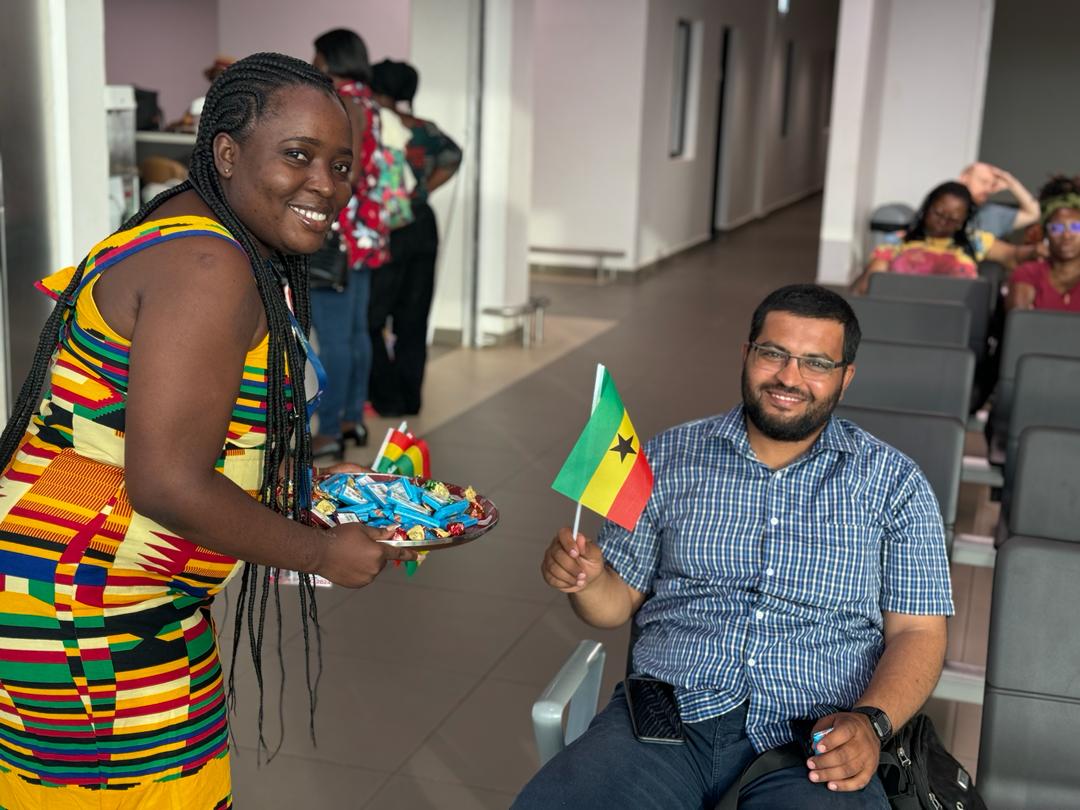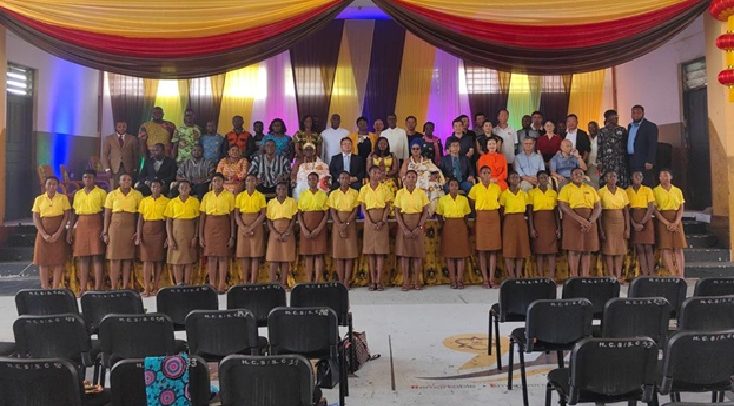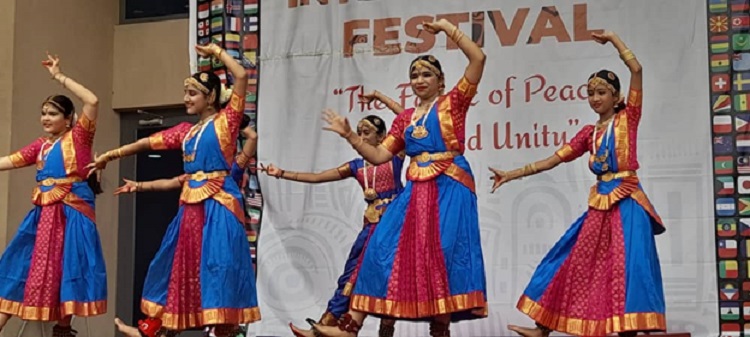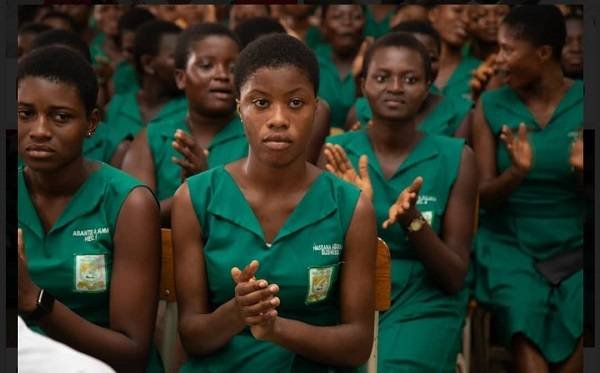
Yagzore — Majority of teenage mothers in communities in the Talensi and Nabdam Districts of the Upper East Region have attributed the cause of their pregnancies mainly to the lack of comprehensive sexual education for them.
This came to light when the Youth Harvest Foundation Ghana (YHFG), an NGO in collaboration with the Ghana Health Service (GHS) organised separate sexual reproductive health education forums on Tuesday at the Yagzore and the Sakoti communities in the Talensi and Nabdam Districts to commemorate this year's Menstrual Hygiene Day.
They were speaking to the media at the programmes which attracted a lot of teenage mothers, out-of-school young people including girls, boys and women.
Majority of the victims indicated that if they had acquired comprehensive sexual health education from the school and the home environments at their tender age, they would not have fallen victims to unplanned pregnancies and therefore dropped out of school.
For instance one of the victims, Ms Janet Tamwalla from the Yagzore Community who shared her sentiments, said she became pregnant at the age of 16 years whilst in form two in Junior High School (JHS) and noted that nobody educated her that she could become pregnant at certain period when she engages in sex.
"I didn't have any knowledge in sex education from the school environment so it was in the home environment. If I had received education in sexual reproductive health education, perhaps I wouldn't have become pregnant at my tender age and would have completed my education by now," Ms Tamwalla stated.
The Community Health Nurse at the Talensi District Health Directorate, Ms Linda Ayoka, schooled the group on proper menstrual hygiene and also the period of which they could avoid becoming pregnant or get pregnant.
She told the group to always ensure that they become sexually clean particularly washing of their pants and drying them at a well-ventilated environment to make them dry properly before wearing them.
She stressed that most couples would often attribute their inability to procreate to witchcraft but failed to realise that the improper hygiene of their sex organs could lead to their infertility.
Ms Ayoka on behalf of the Health Directorate commended the YHFG for partnering with the GHS to organise the programme and for sharing pads to the participants at the programmes that were donated by the staff of YHFG and some individuals during appeals.
The Community Health Nurse in charge of the Yagzore Community-based Health Planning and Services (CHPS) compound, Ms Christiana Azure, admonished married couples to ensure that they maintained proper menstrual hygiene in order not to infect their family members particularly when preparing meals.
One of the Assistant Project Officers of the Sexual Reproductive Health Education Unit of YHFG, Ms Khadija Hamidu, explained that as part of 2019 Menstrual Hygiene Day, her outfit decided to organise the programme to empower out-of-school young people with the needed information and skills to enable them make informed decisions to help address early and unintended pregnancies.
She disclosed that demographic and health survey shows that 16 per cent of girls aged between 15 and 19 years in Ghana, had begun having children,
Ms Hamidu noted that the Talensi and Nabdam Districts in the region were among the hardest hit in teenage pregnancies, child forced marriages with scores of the girls mostly between 14 and 15 years becoming pregnant and dropping out of school and living with men as husbands.
Read Full Story





















Facebook
Twitter
Pinterest
Instagram
Google+
YouTube
LinkedIn
RSS